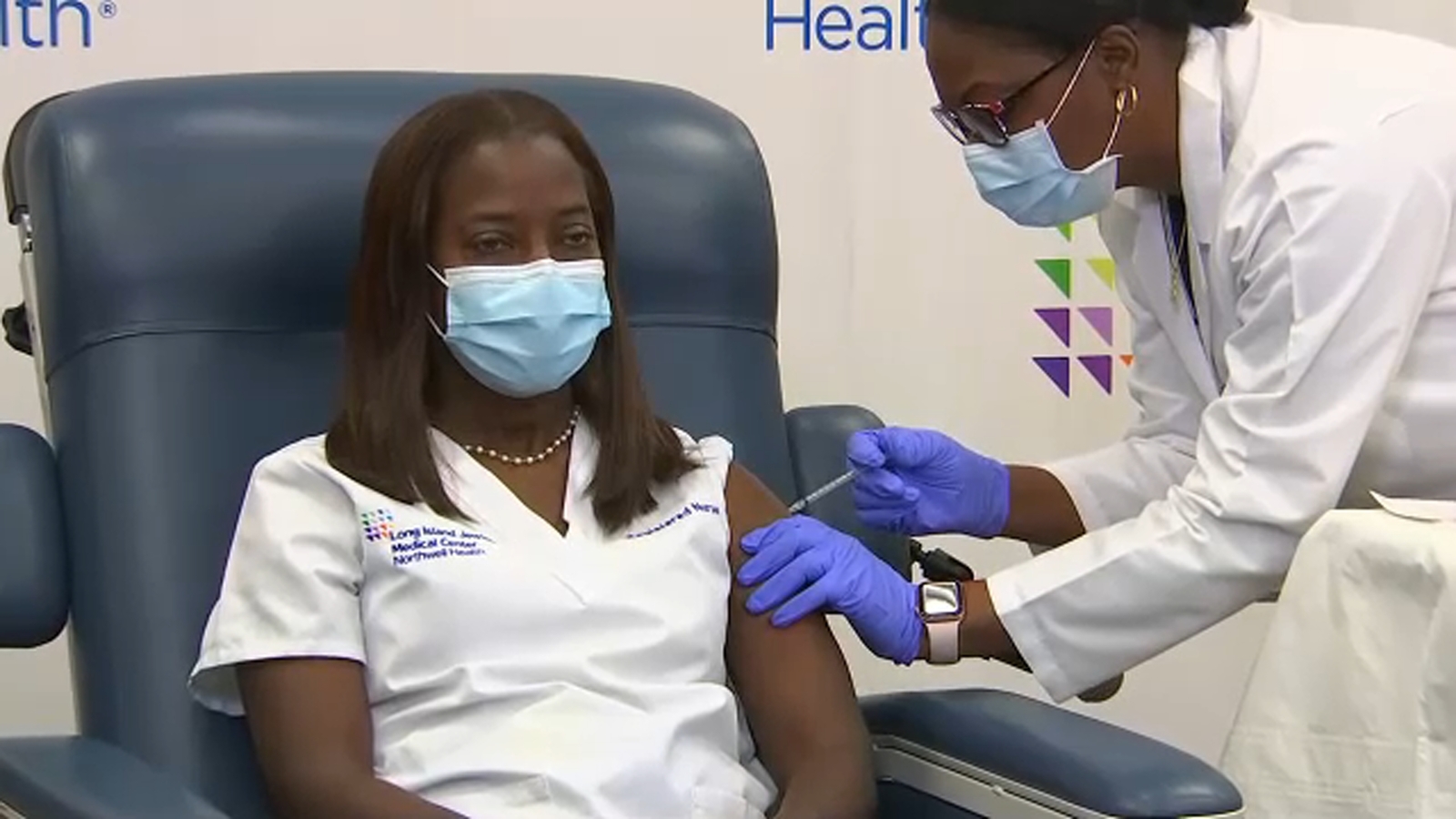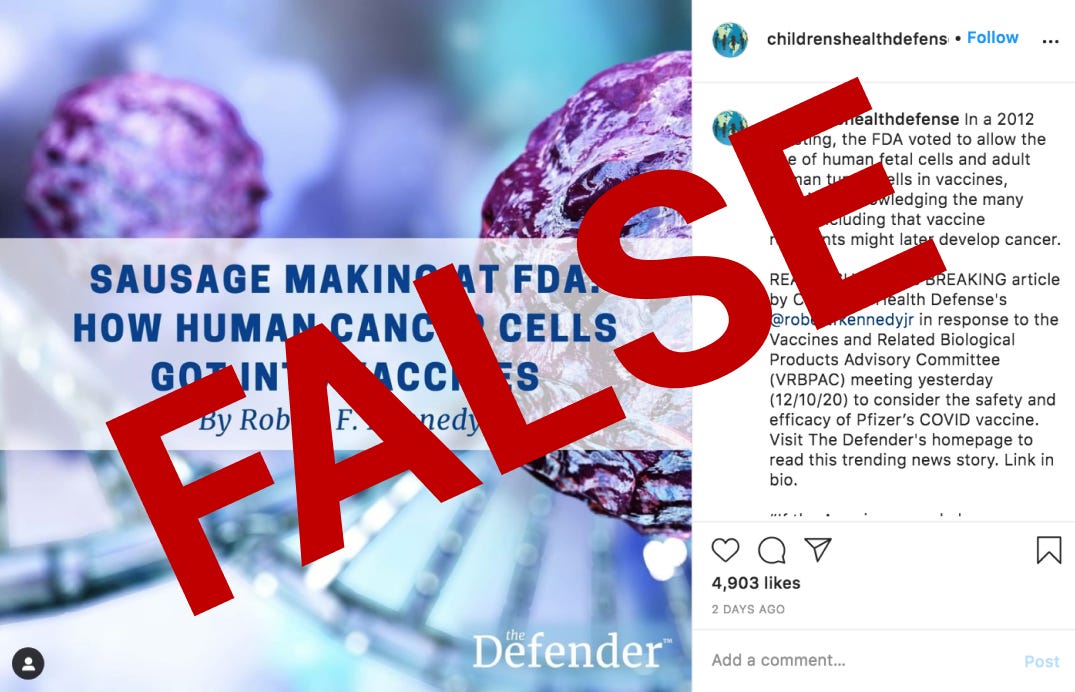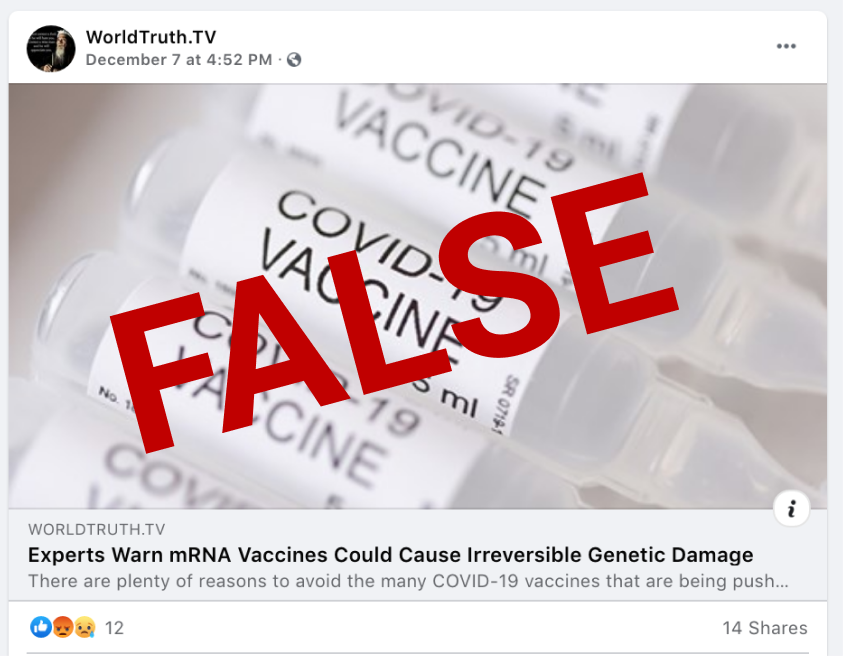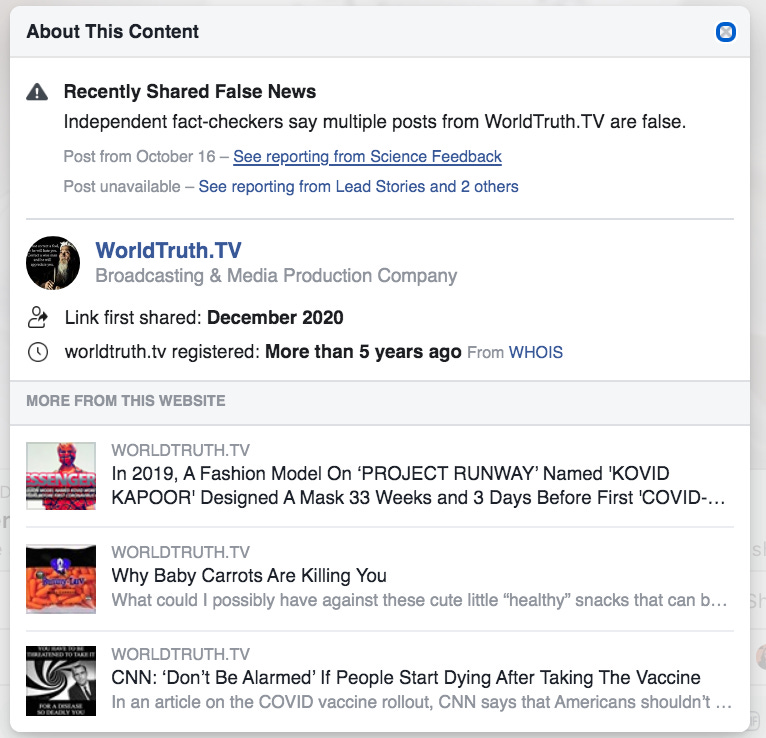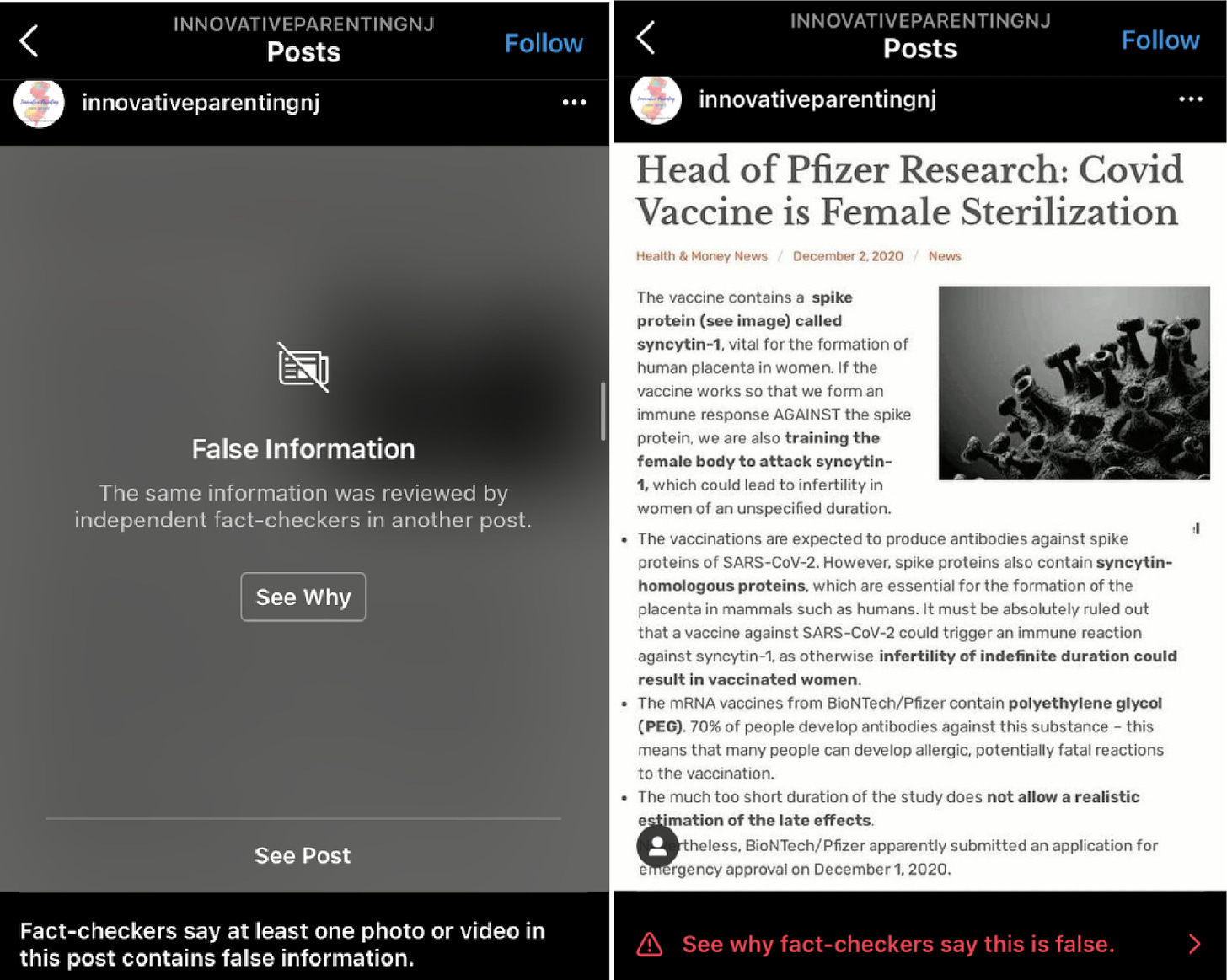Amid history of mistreatment, doctors struggle to sell Black Americans on coronavirus vaccine
Stuart Anderson, left, and Lamont Mitchell of the Anacostia Coordinating Council talk with Totreana Johnson about the pending coronavirus vaccine. Volunteer Tayla Daniel is at the rear of the photo. Johnson said she is willing to take the vaccine, but many other Black Americans are not. (Michael Robinson Chavez/The Washington Post)
By
Lola Fadulu
Dec. 7, 2020 at 5:15 p.m. EST
The Rev. Liz Walker’s job is to minister to souls at Roxbury Presbyterian Church in Boston. But lately it’s her parishioners’ physical health — and their immune systems — keeping her up at night.
Walker, a former journalist who was the first Black woman to co-anchor a newscast in Boston, was so troubled by her congregants’ suspicion of a coronavirus vaccine that she asked Anthony S. Fauci, the government’s top infectious-disease expert, to speak with them.
And he did. In an online forum for which more than 2,800 people signed up, Fauci talked about the vaccine development process and why it was essential for the Black community to get vaccinated. When Walker polled her congregation afterward, at least half were unpersuaded.
“I think it just speaks to the issue of you can’t change people’s minds with one conversation when you are trying to turn people around from decades of skepticism, from decades of distrust,” Walker said. “It is not going to happen overnight, no matter what the urgency.”
AD
The urgency could hardly be greater than at this moment, with the first doses of a vaccine potentially days away from initial distribution, the U.S. death toll approaching 300,000 and the pandemic spiraling out of control across the country.
Black people are nearly three times more likely than Whites to die of covid-19 because of health-care disparities, preexisting conditions and increased exposure at jobs deemed essential. Black children are losing more ground than their peers because of school shutdowns, and Black workers have been devastated by pandemic-related job losses.
Coronavirus is ravaging one of the nation’s wealthiest Black counties
Reed Tuckson is founder of the D.C.-based Black Coalition Against Covid-19, which is campaigning for people to trust a vaccine. (Courtesy Reed Tuckson)
Yet fewer than half of Black Americans say they would get a coronavirus vaccine, compared with 63 percent of Hispanic people and 61 percent of White people, according to a December report from the Pew Research Center. Many Black people say they do not trust the medical establishment because of glaring inequities in modern-day care and historical examples of mistreatment. The spread of misinformation about the vaccine development process hasn’t helped either.
AD
ADVERTISING
This deep-seated skepticism has led to a burst of confidence-building efforts across the country, some led by the nation’s top Black doctors and scientists and funded by the U.S. government.
So far, the response has been mixed at best, with many Black Americans — like those in Walker’s congregation — saying they want more information or cannot count on the federal government to work in their best interests.
An online town hall in October, organized by the D.C.-based Black Coalition Against Covid-19 and other groups, sparked a flurry of sign-ups to be considered for a vaccine trial through the Covid-19 Prevention Network. But volunteers trying to promote the vaccine outside a nonprofit group’s offices in Southeast Washington last week found many people unconvinced.
“There’s a group that is pretty much anti-vaccine of any kind,” said Barrett Hatches, chief executive of the Chicago Family Health Center, which serves a predominantly Black and Latino community and is promoting the vaccine while administering flu shots or coronavirus tests. “There is a group that is still in a little bit of covid denial, and then there is the group that is skeptical and has its wait-and-see perspective.”
Opinion: U.S. health care has failed Black Americans. No wonder many are hesitant about a vaccine.
Leaders of the Anacostia Coordinating Council talk with Doris Grimes, right, about the pending coronavirus vaccine, as part of a coordinated campaign to build trust in the vaccine in the Black community. (Michael Robinson Chavez/The Washington Post)
'Trusted messengers'
Reed Tuckson, founder of the D.C.-based coalition, said some African Americans are still deeply scarred by the Tuskegee Study, in which federal health officials conducted a secret experiment on Black men to study the progression of syphilis. The men were told they were being treated for “bad blood” but never actually given medicine as they suffered blindness and other severe health problems from the disease.
AD
Tuckson’s group is composed of physicians, faith leaders and other advocates, and it has tentacles in virtually every health group in Washington. Its town halls featured some of the nation’s top health officials answering questions about why the vaccine process was fast tracked, whether Black people were participating in clinical trials, and whether research like the Tuskegee Study could happen in modern times.
The group is hosting a third town hall Tuesday, during which Fauci will speak.
Coronavirus vaccine countdown: What to watch for this critical week
Gary Gibbons directs the National Heart, Lung and Blood Institute at the National Institutes of Health. (National Institutes of Health)
“We are taking great pains to help folks understand that what existed in the 1930s is very different today, in 2020,” said Tuckson, a doctor and health consultant who is a former D.C. health director and sits on the Howard University Board of Trustees. “That there are research scientists of color who are in positions of authority all across the research and medical enterprise.”
AD
The National Institutes of Health helped fund the town halls, and sent some of its top Black scientists to participate, including Gary Gibbons, head of the National Heart, Lung and Blood Institute, who emphasized the importance of having “trusted messengers” provide “accurate, credible, authentic messages.”
“It’s in these dialogues with which we’ve gotten a sense of what is the level of knowledge, awareness, as well as misinformation and concerns,” Gibbons said. “And I think that’s helped with appreciating the level of myth-busting that in essence we need to do.”
Peter Marks, director of the Food and Drug Administration center that oversees vaccines, said he hopes the outreach will help rectify long-standing health inequities in addition to leading to more people getting the vaccine.
“I think we are in the process here of — as part of what I hope to come as a good thing out of covid-19 — this kind of national healing process of trying to address some of these things,” Marks said.
Push — and pushback
Advocates across the nation say a multiyear effort is needed.
AD
Ads encouraging people of color to participate in coronavirus vaccine trials are already on BET, Univision and major television networks. NIH identified 11 states that had the highest concentrations of both covid-19 cases and communities of color, and provided funding to organizations in those communities.
Officials in Jacksonville, Fla., used the NIH funding to partner with groups such as 100 Black Men of America. Health officials in Indiana joined with the Indiana Minority Health Coalition, the Jane Pauley Community Health Center and others to find places where people would feel comfortable getting vaccinated. During a webinar Monday, Baltimore City Health Commissioner Letitia Dzirasa stressed the importance of a media campaign that includes individuals who “look like they were from Baltimore,” citing focus groups from city efforts to encourage people to get the flu vaccine.
“We learned firsthand what the hesitancies were for Baltimore City residents,” Dzirasa said. “We have to address and acknowledge the root cause, and that they’re rational concerns and rational fears.”
AD
It is not clear yet whether all the efforts are bearing fruit. Community leaders say it’s difficult to convince people. Hatches, director of the health center in Chicago, noted that the national response to the development of a vaccine has been highly polarized, and said he was meeting with his leadership team Monday to ensure that everyone was on the same page in being able to endorse the vaccination option.
“Health-care leaders are no different than every other person who is contemplating taking the vaccine,” he said. “One would assume we’re a bit more informed. But even still, there are probably still people who haven’t made their mind up yet as to whether or not they’ll take the vaccine, or whether or not they want to wait a little bit.”
‘Lost generation’: Students, especially the most vulnerable, are sliding backward
Floyd Richards, shown here in Southeast Washington, where community leaders were touting the pending coronavirus vaccine, says he would take the vaccine when it becomes available. (Michael Robinson Chavez/The Washington Post)But Donnell Womack, a construction worker, says he doesn’t trust the government or the vaccine, and will get it only if required to for work. (Michael Robinson Chavez/The Washington Post)
The challenge was clear on a recent chilly day in Southeast Washington, where the Anacostia Coordinating Council set up a table at a local social service organization to speak to passersby about the vaccine. Around a dozen people stopped by, all of them masked. They grabbed snacks, took personal protective kits and listened.
AD
Many said they wanted to wait and see what side effects people had before committing to getting vaccinated. Others had never taken a flu vaccine, and didn’t plan to begin getting vaccinated just because of covid-19.
Donnell Womack, 43, shook his head skeptically while holding a box of donated food from the nonprofit. He said he would only get vaccinated if it were required for his work in construction.
“I don’t trust the government; I haven’t trusted the government for a long time,” Womack said. “I like Biden too, love him, but he hasn’t done anything either.”
Injustice in life, oppression in death: How racism shaped George Floyd’s life
President-elect Joe Biden has vowed to take the coronavirus vaccine on camera to boost public confidence, as have former presidents Bill Clinton, George W. Bush and Barack Obama.
But Steve White, 59, and Richard McQueen, 54, who also visited the nonprofit to pick up groceries, were unimpressed by those announcements, noting that if anything went wrong, those powerful men would have access to health care that is unimaginable in most low-income neighborhoods.
AD
“I have respect for Obama, and love him to death, but I mean, that’s not a big deal, he’s got the best doctors in the world,” White said.
“And a person like me, I have to wait for an appointment,” added McQueen. “And that takes like what, a month?”
Such sentiments are frustrating for Castina Jewel Watson, a 36-year-old paralegal whose mother died of covid-19 in April.
Watson, who is Black and lives in the District, plans to get vaccinated as soon as possible. But she said she hasn’t met a single person who said they would take the vaccine, including her own relatives. In trying to convince people, Watson has heard conspiracy theories she’s too afraid to repeat.
“Seeing this thing up close and what it does to people, not only people who pass away but people like me who are just left here to deal with the ashes, anything that I can do to try to eradicate it from the planet, I’m totally interested in doing,” Watson said.
Last edited:









